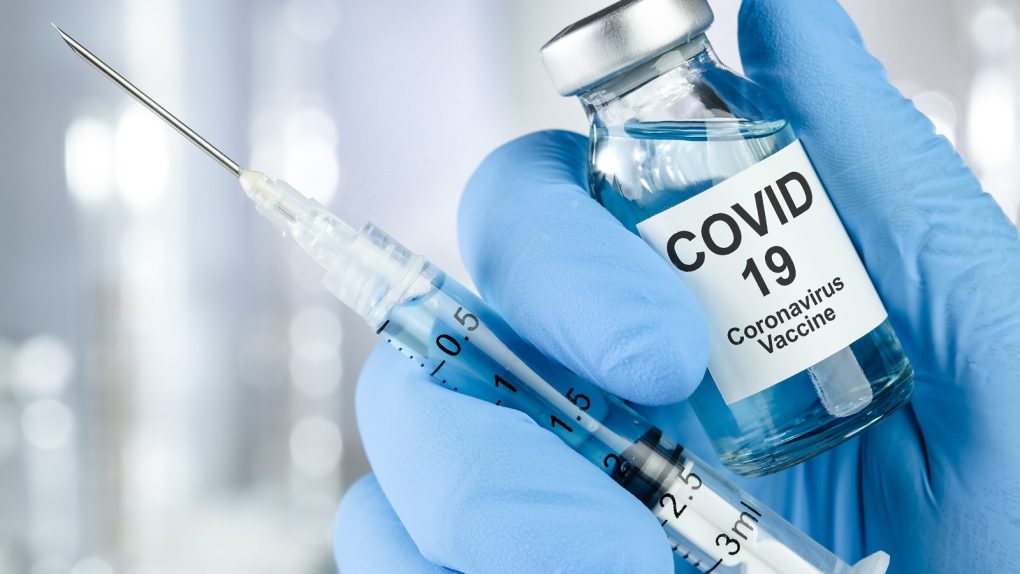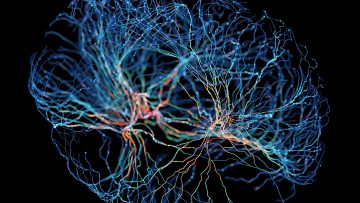- In a significant coronavirus vaccine update, Pfizer and BioNTech announced additional details about their experimental drug that has just started Phase 2/3 testing.
- The two companies revealed critical results for a group of elderly volunteers who weren’t previously addressed. The elderly are most at risk of developing COVID-19 complications.
- Pfizer and BioNTech say that volunteers aged 65-85 developed fewer neutralizing antibodies than the 18-55 groups, but the neutralizing antibodies response was comparable or better than the immune response observed in convalescent COVID-19 patients.
- The announcement also said the side-effects in the 65-85 group were milder than in the younger cohorts.
Health experts like Dr. Anthony Fauci are cautiously optimistic that the world will soon have at least one COVID-19 vaccine that works, which will help us put an end to the novel coronavirus pandemic. A handful of experimental drugs have already reached the final stage of testing, with Phase 3 trials set to include tens of thousands of volunteers. The conclusions will be available at some point in October or November, according to recent estimates, and the first successful coronavirus vaccines might receive emergency use approval by the end of the year. At that time, specific at-risk categories of patients will qualify for early immunization. Healthcare workers and anyone else working on the frontlines, as well as the elderly, are the most likely candidates for early COVID-19 vaccinations. While we wait for Phase 3 results, researchers have released more data from a trial that delivers good news about people with the highest risk of developing COVID-19 complications.
There’s no guarantee that the first vaccines to have reached Phase 3 will work out. Even if they do, there’s no way at this point to know how effective they will be. Fauci said he’s looking for efficacy over 50% and hoping for the figure to be above 75%, but you never know with these drugs. More importantly, vaccines might not always work on specific categories of people, like people who are obese and the elderly. It so happens that the elderly are most at risk of dying from COVID-19 complications and they need these vaccines the most. It’s not necessarily age that’s the cause of increased risk, but the comorbidities that appear with old age put them in danger.
Pfizer and BioNTech are behind one of the promising vaccines that reached Phase 3 trials, and the two companies released initial Phase 1/2 data in early July. At the time, the companies shared results only for the younger age group. Volunteers between 18 and 55 developed high titers of neutralizing antibodies after receiving two shots of the BNT162 candidates. The side effects were moderate and included pain at the injection site and low-grade fever that was more common after the second dose.
Pfizer and BioNTech on Friday published additional details from the study, which is available in pre-print form over at this link.
This time around, the results cover 195 participants from the Phase 1/2 trial, including key groups of patients aged 65-85. The researchers found that the younger groups developed a better response to the vaccine than the elderly. Titers measured seven days after the second dose of BNT162b2 revealed the 18-55 groups developed 3.8 times more neutralizing antibodies than a group of convalescent patients who had recovered from COVID-19. The volunteers in the 65-85 groups produced comparable or higher quantities of neutralizing antibodies than the same recovered patients. If these results can be verified during the Phase 3 trial, then the Pfizer/BioNTech drug could prevent infection in the people who will need vaccines the most. The Phase 3 trial will include 30,000 volunteers aged 18-85 in various countries.
The two companies also revealed that patients aged 65-85 elicited milder adverse effects than the younger group after the second dose of the vaccine. These included injection site pain as well as fever. For both categories of age, fever was more likely after the second shot. “Severe systemic events (fatigue, headache, chills, muscle pain, and joint pain) were reported in small numbers of younger BNT162b2 recipients and were transient and manageable,” the news release reads. “No severe systemic events were reported by older BNT162b2 recipients.”
Aside from neutralizing antibodies, the BNT162b2 candidate that was chosen for the final stage of the trial also elicited promising T cell responses. That’s a secondary immune response to a pathogen that’s being actively investigated after recent research said that circulating antibodies might disappear three months after infection. Newer studies showed that T cells will still recognize the virus upon reinfection, destroy infected cells, and instruct B cells to mass-produce new antibodies.
What is interesting in all of this is that there seems to be a gap of age that hasn’t been tested. There’s no 55-65 group in these results, but Phase 2/3 will accept patients aged 18-85. The Phase 2/3 trial has already enrolled 11,000 volunteers, with patients in the US, Argentina, Brazil having been accepted in the trial. Germany, Turkey, and South Africa will follow. Pfizer and BioNTech aim to seek regulatory approval for BNT162b2 as early as October 2020. The companies then plan to deliver up to 100 million doses this year, and up to 1.3 billion doses next year.








